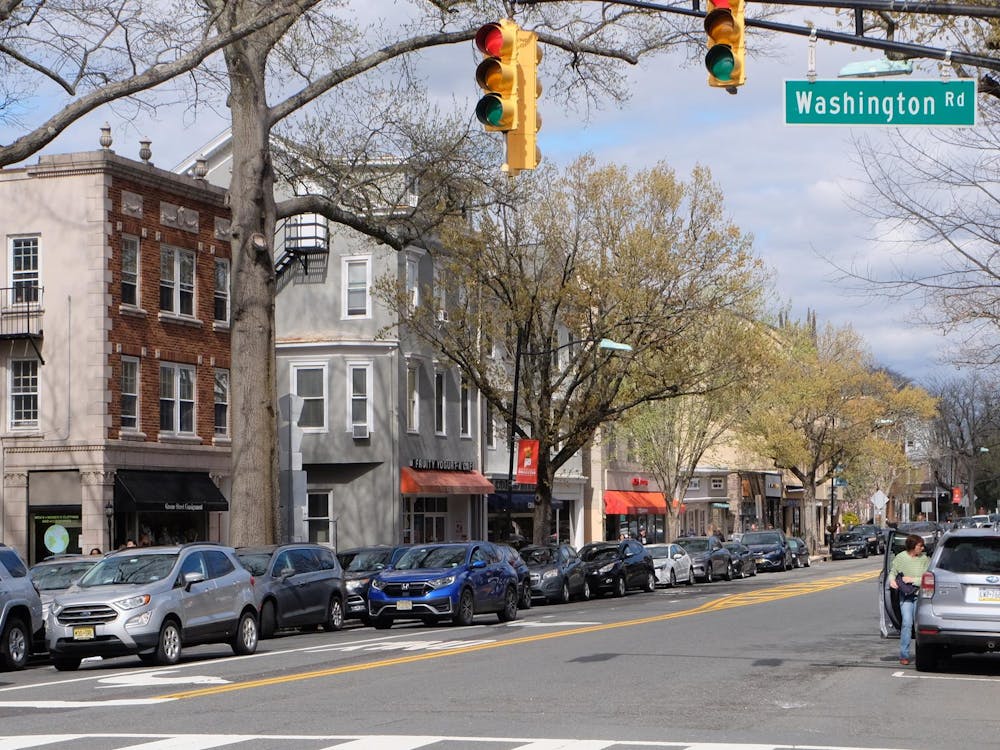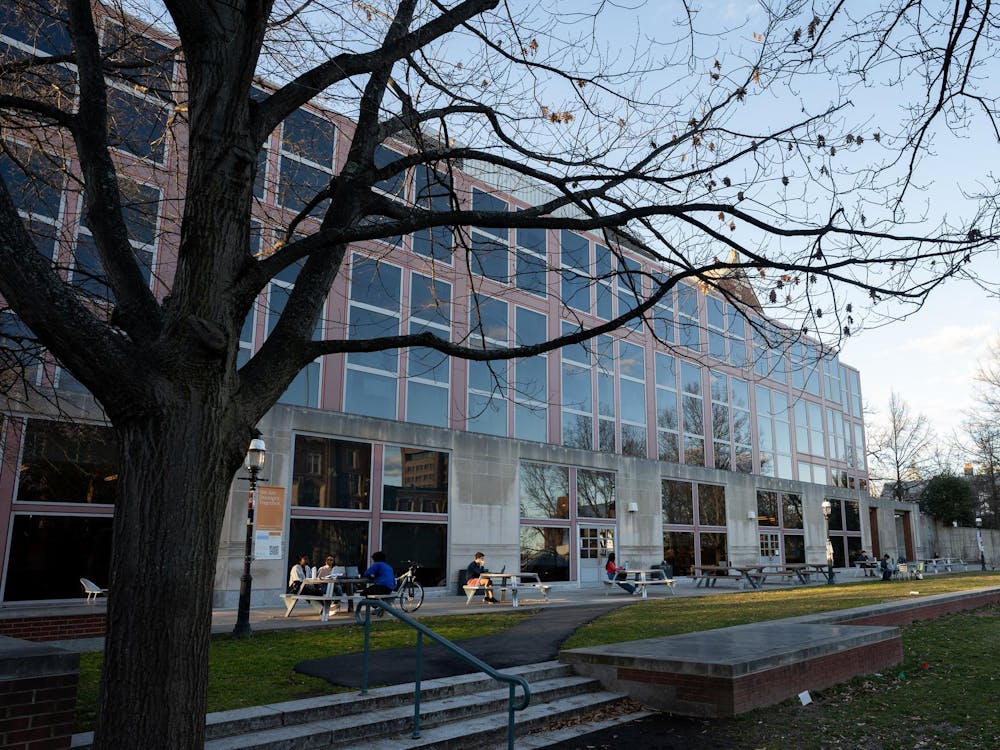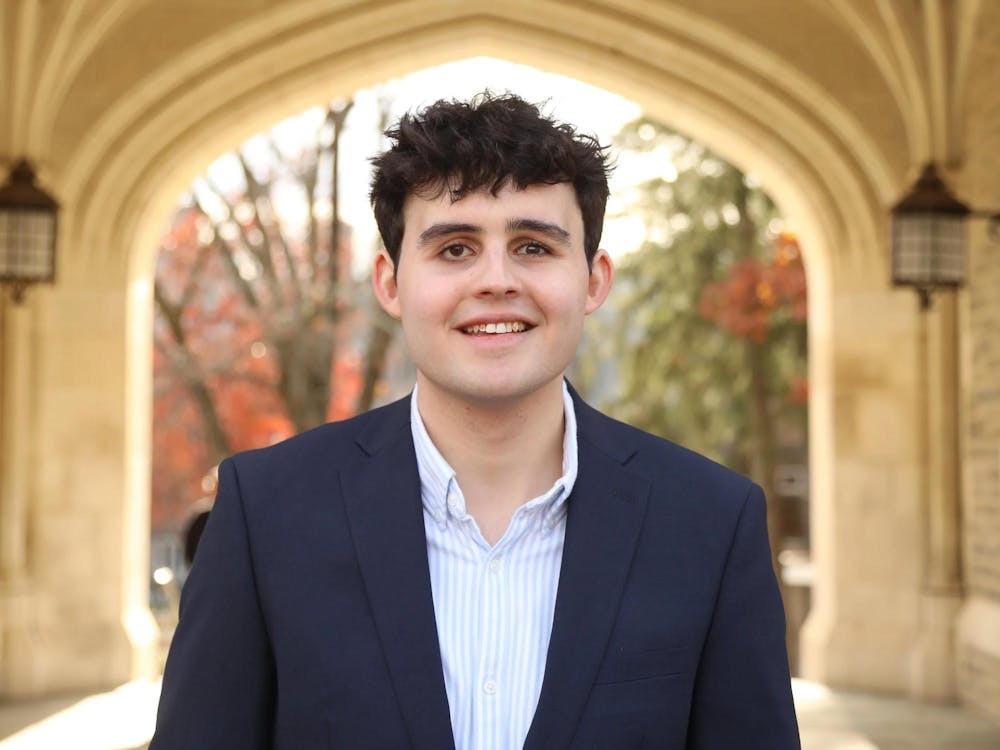More than 100 members of the International Shugden Community will be protesting at the Dalai Lama’s public speech on Oct. 28.
The Shugdens consider themselves protectors of the Gelug school, the newest school of Tibetan Buddhism headed by the Dalai Lama. The International Shugden Community is an association of global Dorje Shugden practitioners and has had previous demonstrations at the Dalai Lama’s talks in North America, Europe and Asia.
Dorje Shugden is the name given to the “protector deity” whom the Shugdens worship.
According to the ISC homepage, the Shugden practicioners believe the Dalai Lama is preventing them from freely and peacefully practicing their religion. The website also states that the Dalai Lama discriminates against the ISC and has not given them the same material and spiritual rights as non-Shugden practitioners.
ISC spokesperson Len Foley said that the main goal of the Shugden protesters is to end this alleged ban on their rights in Tibetan communities.
“I want the Dalai Lama to put into writing that people have the religious choice,” Foley said.
The protesters will arrive by bus in the morning of the Dalai Lama’s speech and depart in the evening.
Jonathan Gold, a professor of religion and scholar of Buddhism, explained that the main conflict between the Shugden practitioners and the Dalai Lama is that Shugden practicioners protect the teachings of the Gelug by keeping out people who are not strict Gelug Orthodox practicioners, he said.
Shugden's symbolism has traditionally been very offensive, even threatening to the Dalai Lama, Gold said.
More specifically, Gold noted thatthe Shugden reject the Dalai Lama’s choice to encompass multiple Buddhist practices under the umbrella of Tibetan Buddhism.
Gold also noted that the Dalai Lama does not have the authority to ban or to legitimize any practice.
“The Dalai Lama is just a religious leader. He cannot control their ability to travel or to stop them from practicing their religion,” Gold said.

However, he said, Shugden practitioners are misinformed in their consistent statement that the Dalai Lama is preventing them from exercising their rights. Gold said that the Dalai Lama, though exiled from Tibet, has made its exiled population a more democratic society.
The Dalai Lama, Gold said, works around the world to promote liberal values, and restricting the Shugden practitioners in the way that they claim would directly go against his values.
Lobsang Dhargey, one of the Indian Buddhist monks working on building a sand mandala outside Chancellor Green Library leading up to the Dalai Lama’s arrival, said that the Shugden practitioners have significant freedom.
“The Shugden practitioners in India have a huge monastery and are completely free to pray or do whatever,” Dhargey said. “When we pray, our spirit is inside. When they pray, their spirit is outside. No one complains, that is how much they are free.”
The Dalai Lama once practiced the propitiation of Dorje Shugden himself, but renounced the practice in 1975 after discovering the historical, social and religious problems associated with it, according to the official website of the Dalai Lama.
Foley referenced this as part of the group’s legitimacy, stating that the Dalai Lama once shared the same belief system as they do.
“It’s an incredible incongruity that such a man of peace would be opposed by anyone and it will be interesting to see how he reacts,” said Jessica Chambers ’18.
Correction: Due to reporting errors, an earlier version of this article contained a number ofinaccuracies attributed to religion professor Jonathan Gold. First, an earlier version of this article included a misleading statement that suggested that violence is associated with the Shugden movement. This statement has been removed. Second, an earlierversionof this article misstated that the Shugden symbolism is offensive and threatening to the Dalai Lama. Third, an earlier version of this article incorrectly stated that the Dalai Lama has made Tibet a democratic society. He has not. The Dalai Lama has only made those Tibetans in exile democratic. The 'Prince' regrets the error.
Clarification: This article has been updated to clarify that the Dalai Lama does not have the power to ban any practices, except for those within his own monastery.







